Amid the bleak outlook for international aid, the best news Ukraine has recently received is a huge financial commitment from the European Union (EU). A multi-year (2024-2027) aid package from its European neighbors would be a lifeline for Ukraine in its current difficult times.
To get to this point, the EU has successfully overcome its biggest “obstacle”: Hungarian Prime Minister Viktor Orban finally dropped his opposition to a 50 billion euro ($54 billion) aid package for Ukraine that he had been blocking since last December.
Mr Orban was the only one to oppose the EU funding deal, but backed down at the bloc’s summit on 1 February, after a “charm offensive” led by Italian Prime Minister Giorgia Meloni, Politico reported, and “wine and dinner from the French”.
After six weeks of brinkmanship, the Hungarian leader has “made one of the quickest U-turns” ever seen at a meeting of EU leaders, reports The Guardian’s Lisa O’Carroll in Brussels.
Finnish Prime Minister Petteri Orpo told reporters in Brussels that “no one can blackmail the 26 EU countries”.
“This is a clear signal that Ukraine will endure and Europe will endure,” said Ukrainian President Volodymyr Zelensky after the aid package was approved. “What is really important is that this decision was unanimously adopted by all 27 member states and it is another clear sign of your solidarity and strong support for Ukraine.”
Why did Mr Orban threaten a veto?
Hungary's right-wing nationalist prime minister has prevented the EU from acting as a united bloc in supporting Ukraine's defense efforts against Russian President Vladimir Putin's military, says Ishaan Tharoor of The Washington Post.
Mr Orban’s recent actions on the Ukraine aid deal are part of the leader’s “complex dance” to appease both Mr Putin and the Hungarian prime minister’s own voter base, while also complying with EU standards, the Euractiv news portal said.
Mr Orban has long relied on “veiled media tools”, including “national consultations” – that is, opinion polls – to reinforce his “desired narratives”.
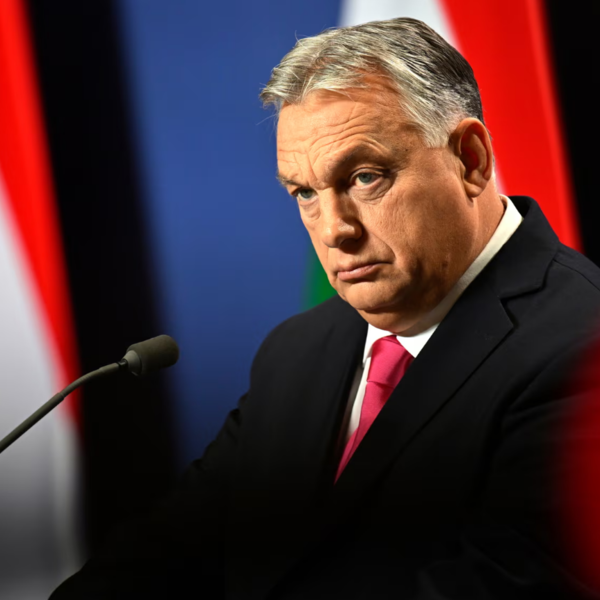
Hungarian Prime Minister Viktor Orban with EU leaders at a meeting on the sidelines of the Brussels Summit, February 1, 2024. Photo: Le Monde
The latest such poll reportedly found that 99.04% of respondents oppose further financial assistance to Ukraine until Hungary receives part or all of the approximately 20 billion Euros in funding from the Cohesion Fund currently frozen by the European Commission (EC).
Hungary benefits from Brussels’s funding as an EU member state, according to The Washington Post. But that flow has been partially curtailed in recent years by accusations that Prime Minister Orban has violated the bloc’s rule of law. The leader’s ideology of so-called “illiberal democracy” has also raised concerns. His government has denied the accusations.
Hungary under Mr Orban has refused military aid to Ukraine, and has also said “no” to other countries transporting weapons through its territory into Ukraine since the conflict began.
And relations between Hungary and Ukraine remain strained over issues related to the ethnic Hungarian community in the Transcarpathian region, a province in southwestern Ukraine.
Mr Orban has frequently said that peace talks should begin between Kiev and Moscow because “time is on the side of the Russians”.
What does Mr. Orban gain by making concessions?
After weeks of threatening to veto the aid to Ukraine, the Hungarian prime minister unexpectedly reversed course. But he was under pressure after “a series of 11th-hour meetings” with Meloni, French President Emmanuel Macron and German Chancellor Olaf Sholz, The Guardian’s O’Carroll reported, “as well as with European Council President Charles Michel and European Commission President Ursula von der Leyen.”
The deal brought a sense of relief but also “a sense of anger among leaders” who had to travel to Brussels twice in two months just to get the aid package approved.
Italian Prime Minister Meloni has led the meetings with Mr Orban, thanks to their longstanding relationship. The two leaders also share far-right political views. “She has tried to be a bridge many times and it seems to have worked this time,” a source told Politico.
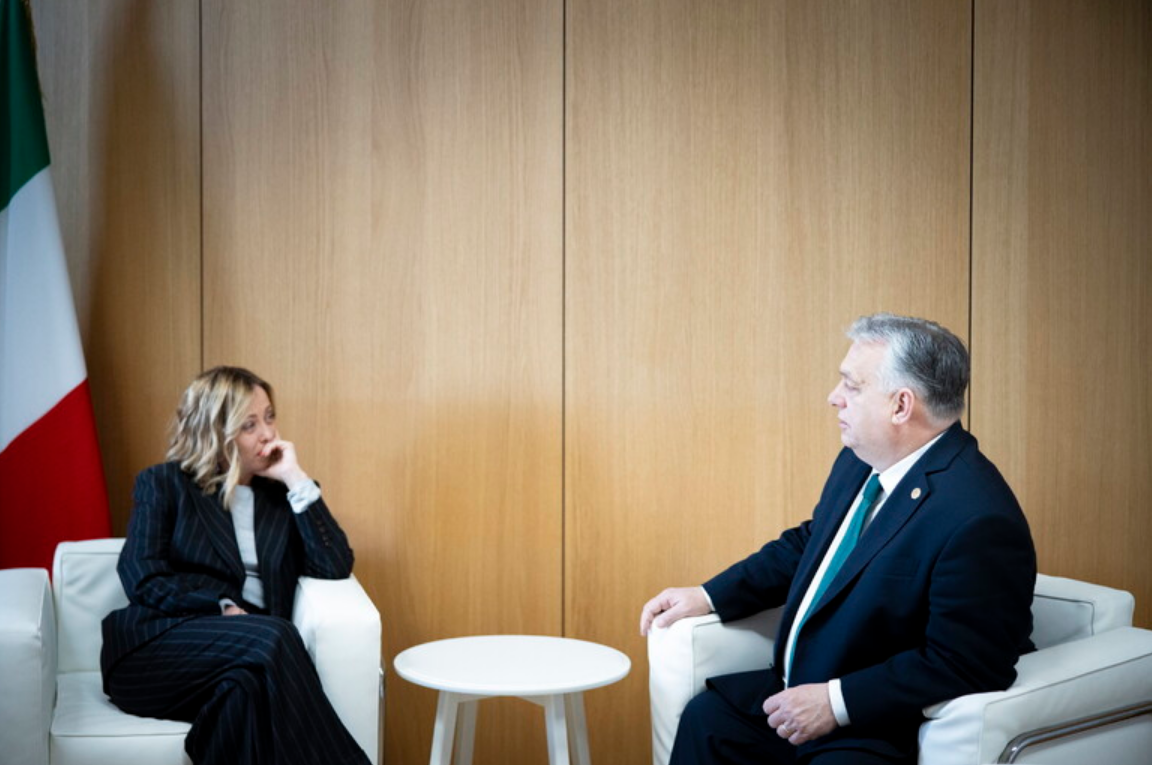
Sharing far-right political views, Italian Prime Minister Giorgia Meloni led negotiations with Hungarian Prime Minister Viktor Orban on an EU aid package for Ukraine. Photo: ANSA
According to The Washington Post, European officials also deliberately leaked “plans to punish the Hungarian economy” if Mr. Orban continued to block aid to Ukraine, while also “introducing other sanctions” including stripping Budapest of its voting rights in the bloc.
If the EU triggers Article 7 – the most severe political sanction against a member state that involves suspending voting rights on EU decisions – Hungary would be in real trouble.
In addition, EU leaders have also convinced Mr. Orban with three additional conditions for the deal, Politico reported. Annual discussions on the implementation of the aid package will be held and an annual report will be issued. And the European Council will ask the European Commission to propose a two-year budget review, if necessary.
The concessions are seen as minor by the EU, but they mean that at home, Mr Orban can still claim victory, Politico reported. In a Facebook post after the deal, Mr Orban wrote: “We fought hard!”
But Reuters quoted diplomats as saying that the EU was not committed to releasing any frozen funding to Hungary until Budapest met certain conditions.
And while Mr Orban claims to have received assurances that none of the frozen Hungarian funding would be diverted to Ukraine, officials say there have never been any plans to reallocate the money .
Minh Duc (According to The Week US, NPR)
Source





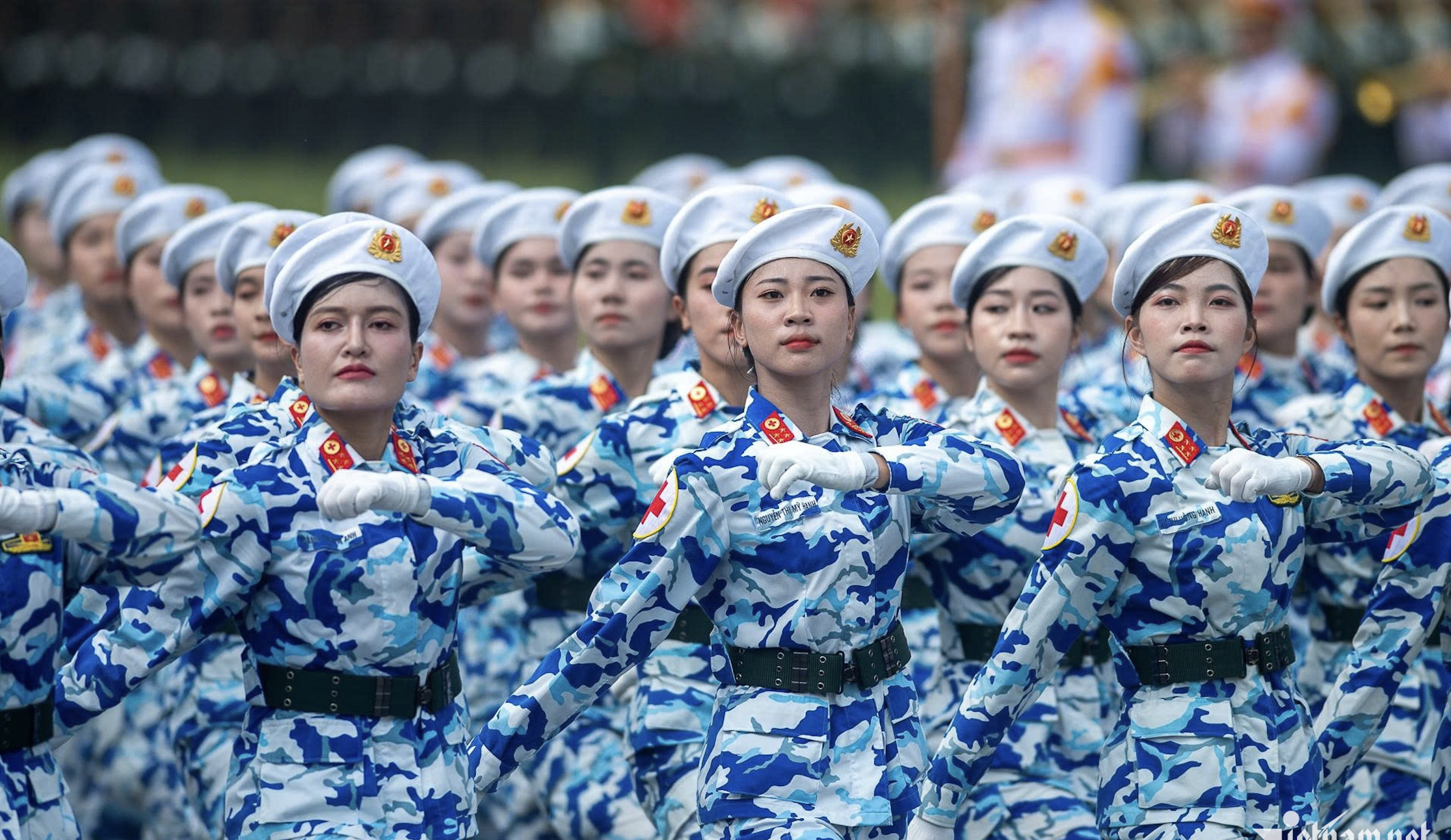
![[Photo] Multi-colored cultural space at the Exhibition "80 years of the journey of Independence - Freedom - Happiness"](https://vstatic.vietnam.vn/vietnam/resource/IMAGE/2025/8/26/fe69de34803e4ac1bf88ce49813d95d8)
![[Photo] Hanoi: Authorities work hard to overcome the effects of heavy rain](https://vstatic.vietnam.vn/vietnam/resource/IMAGE/2025/8/26/380f98ee36a34e62a9b7894b020112a8)
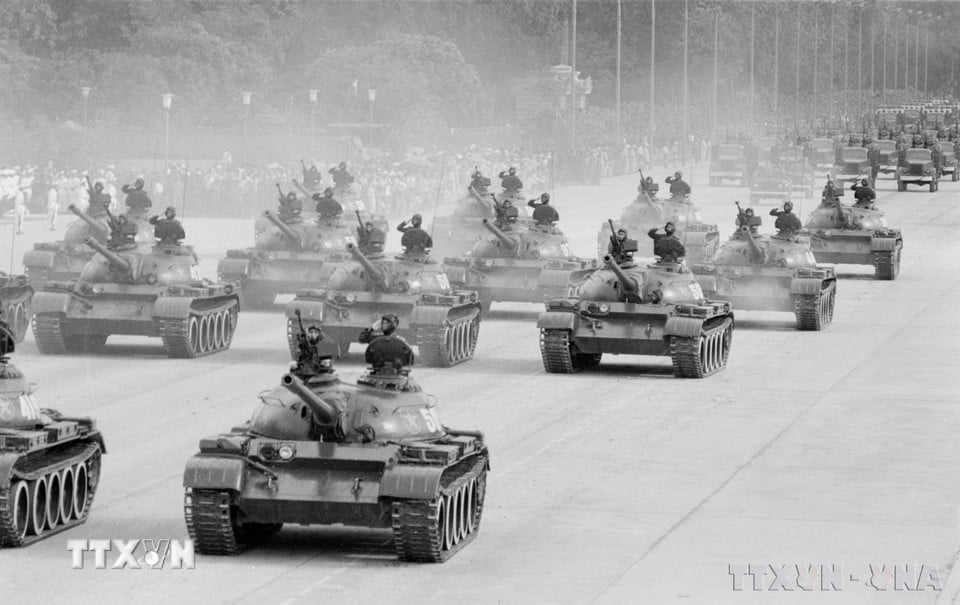
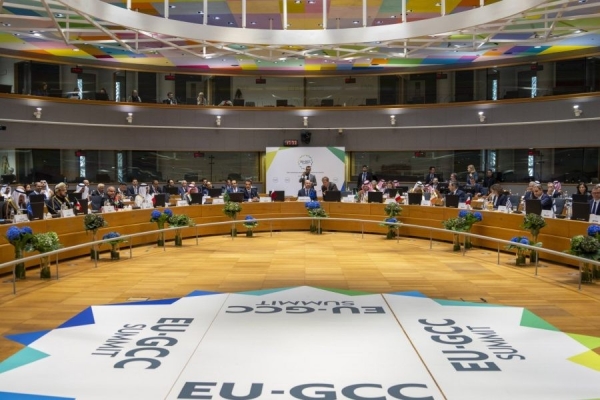

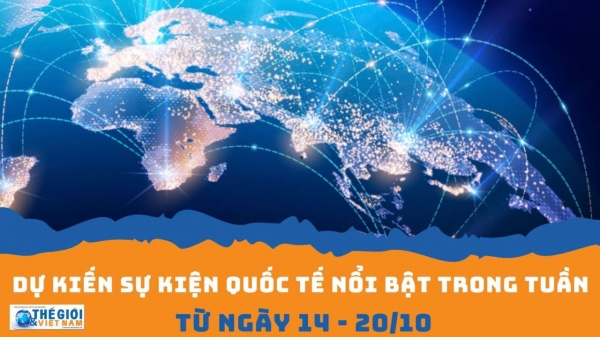
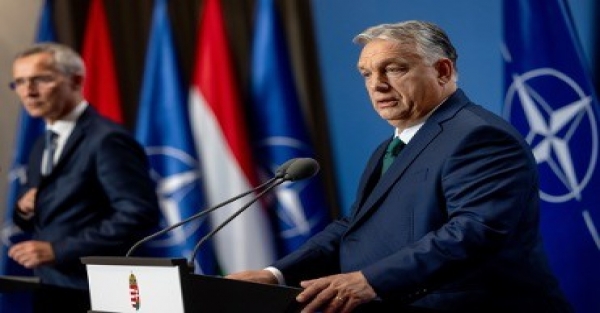
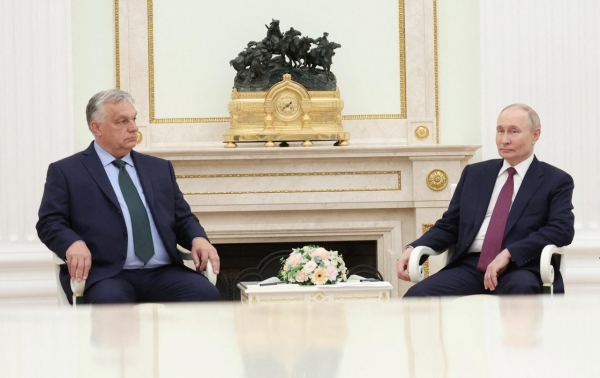
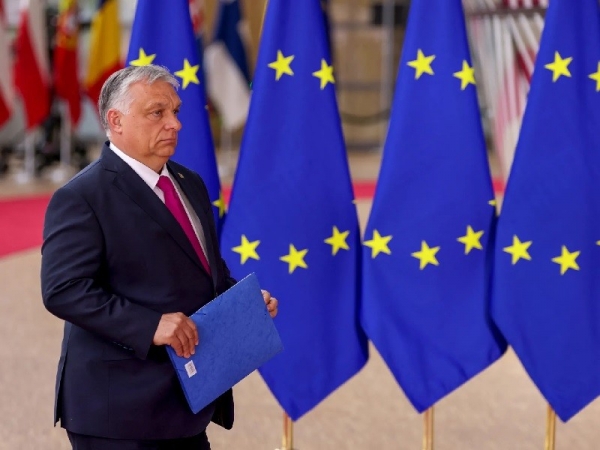
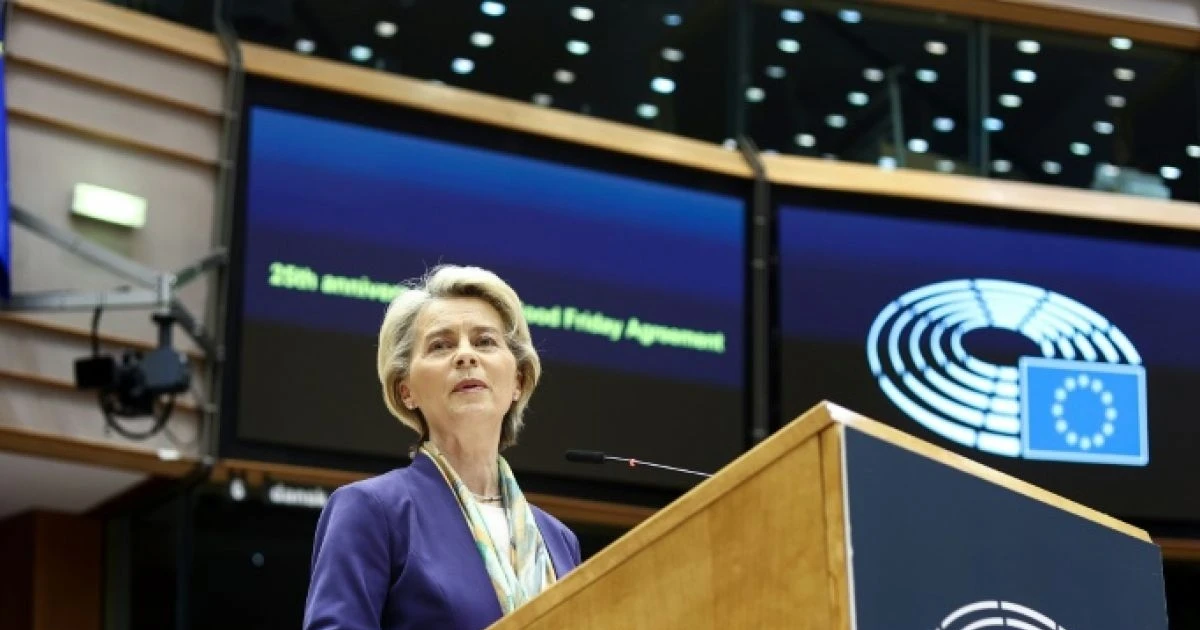



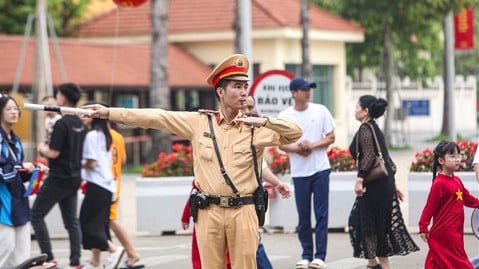
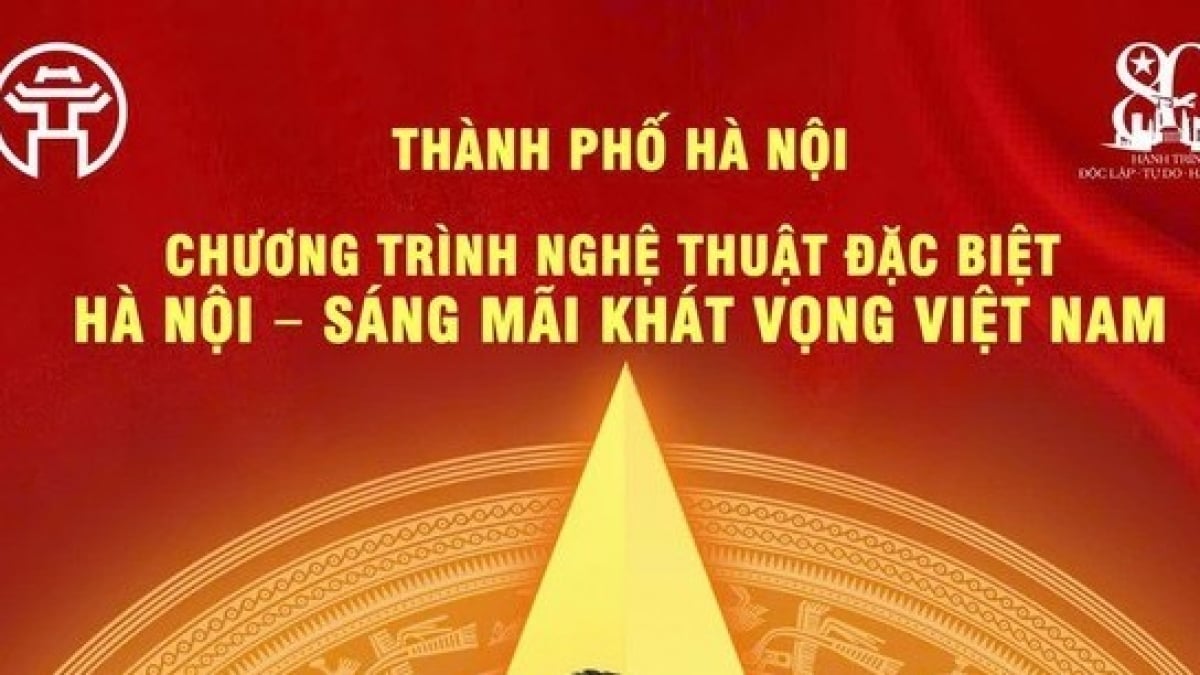

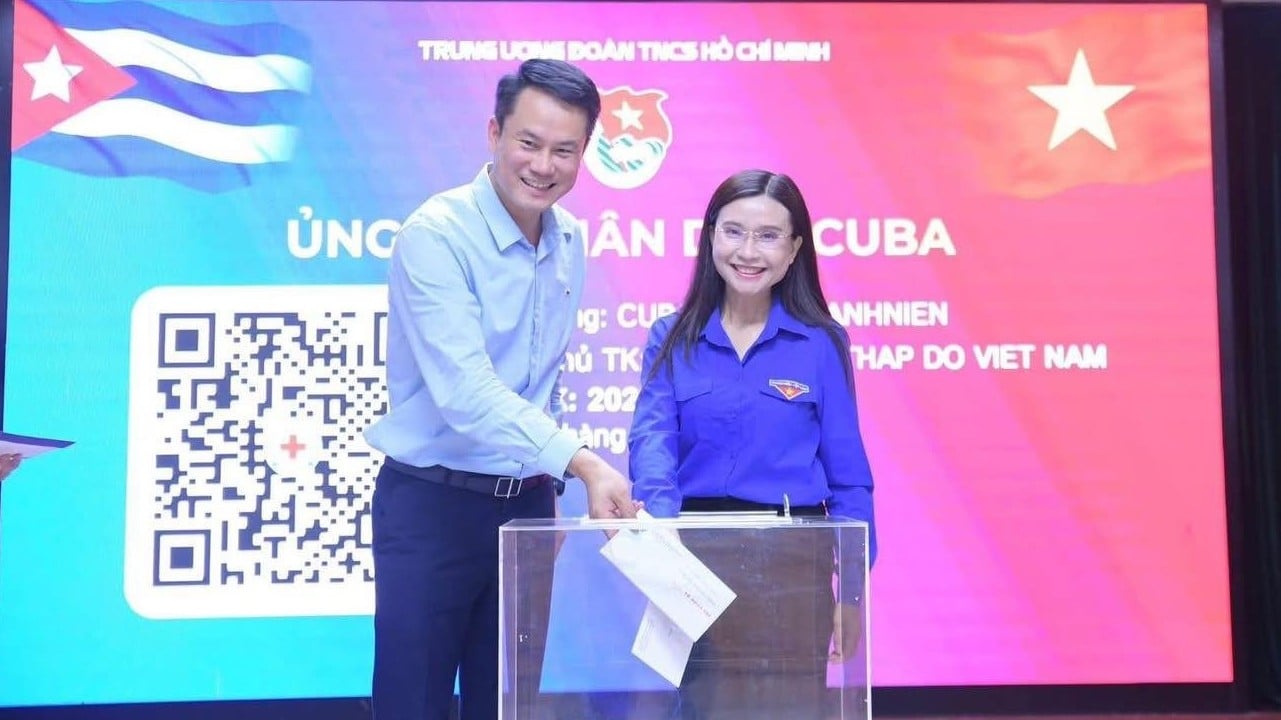
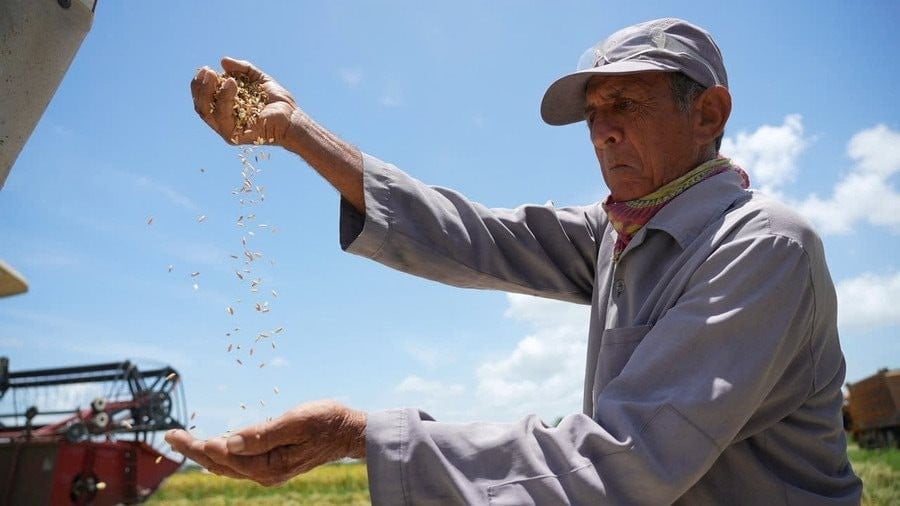









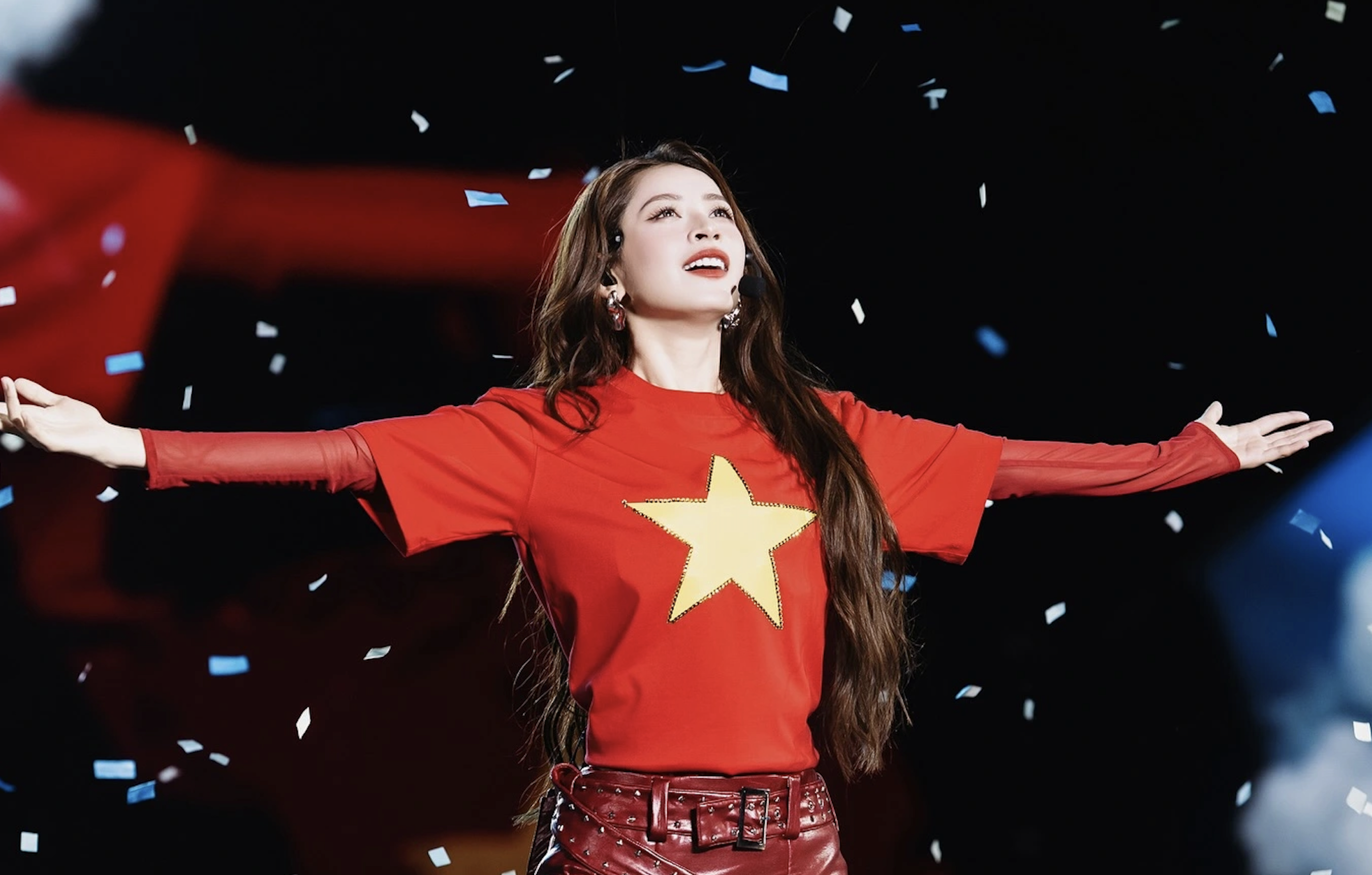
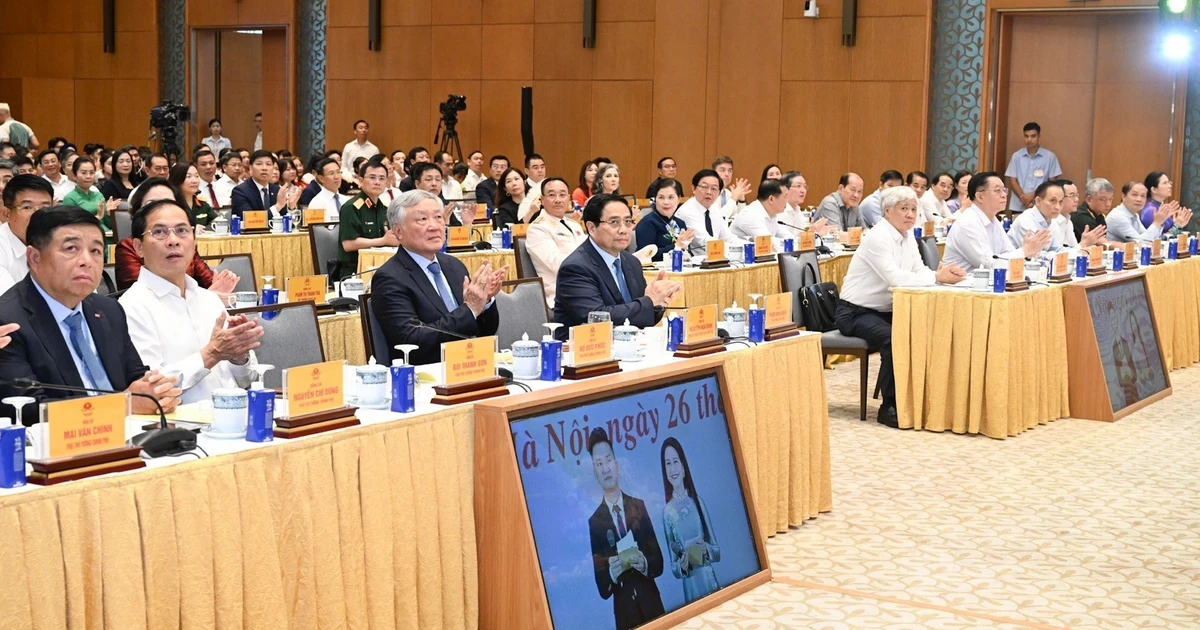




























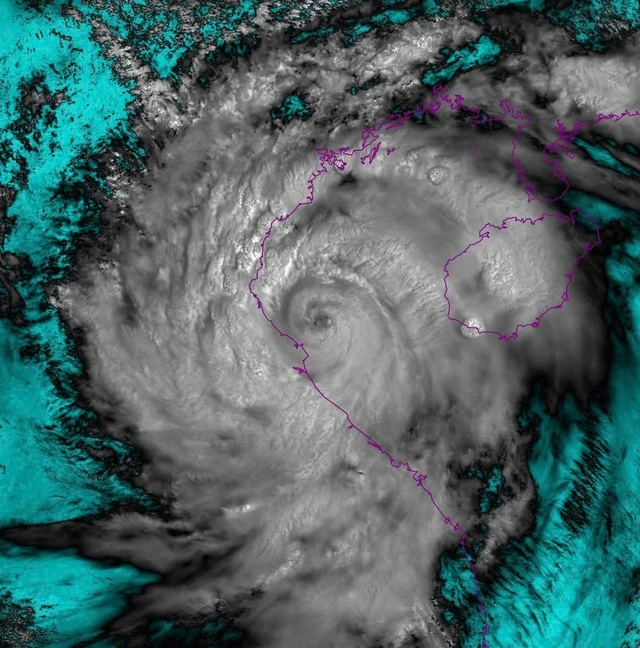
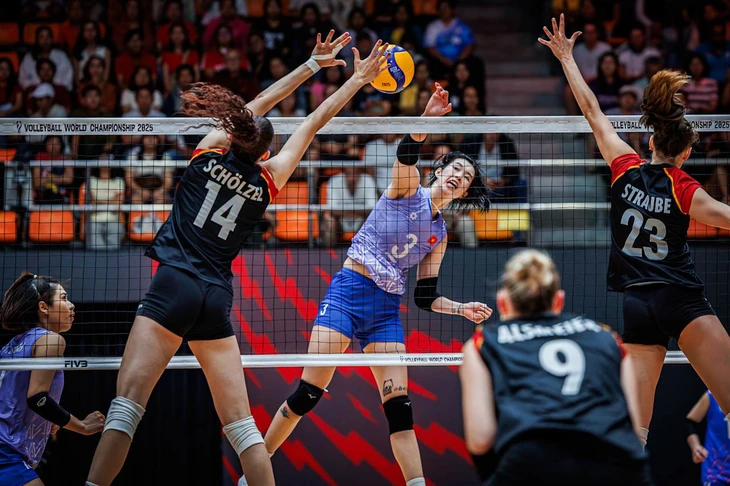
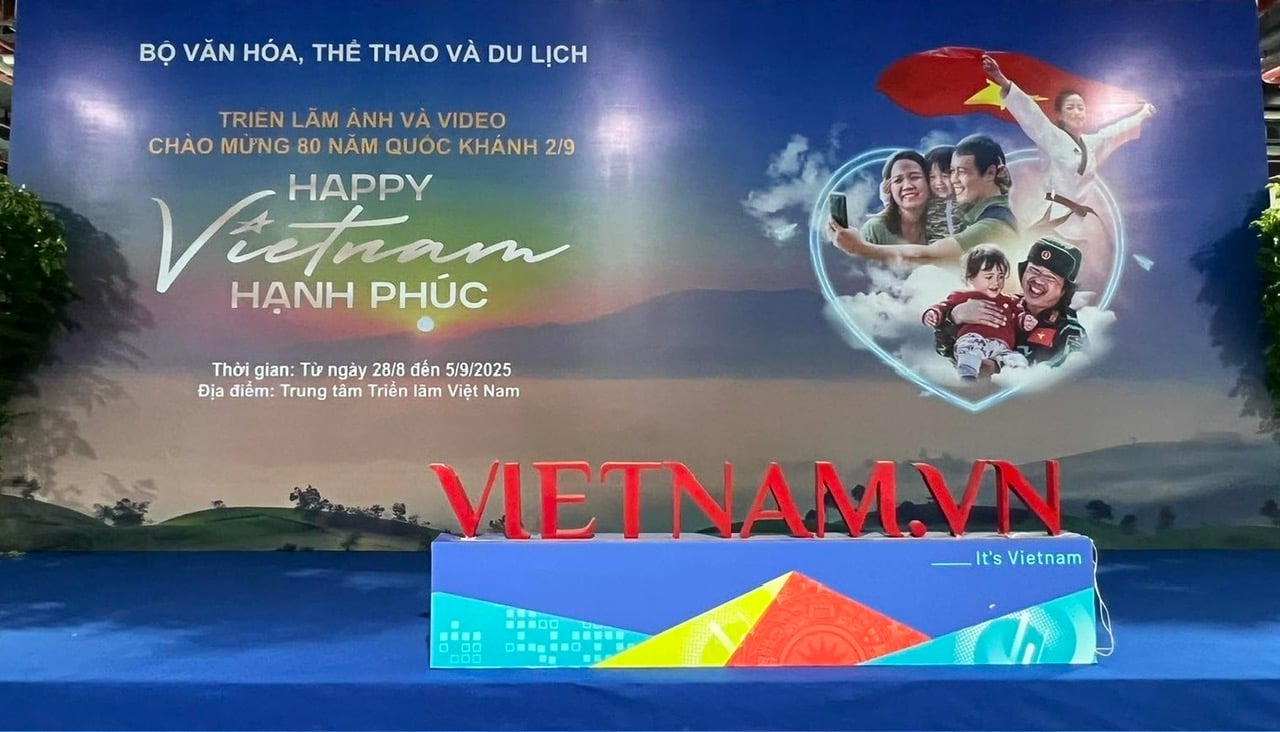
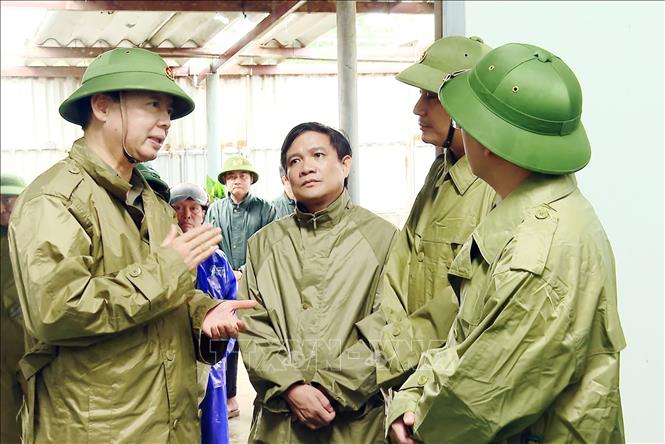

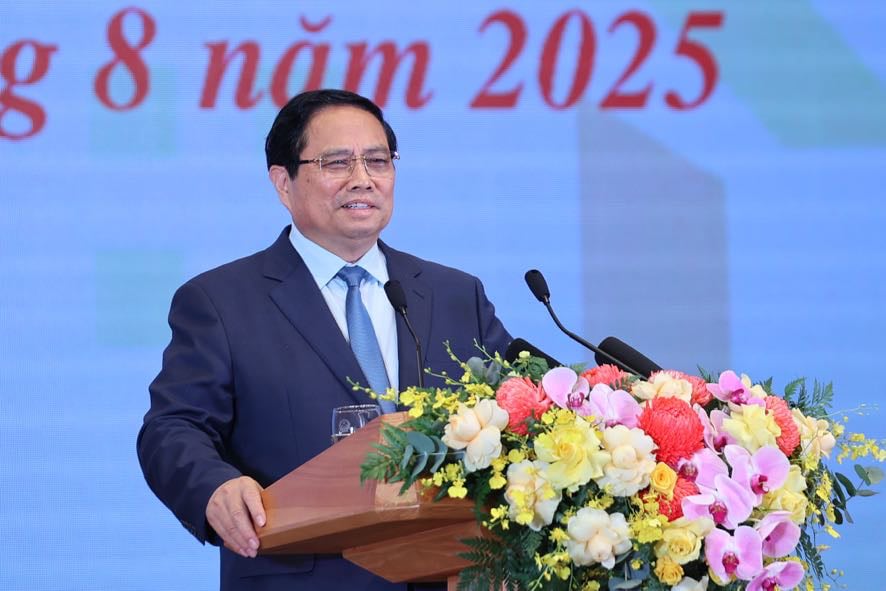
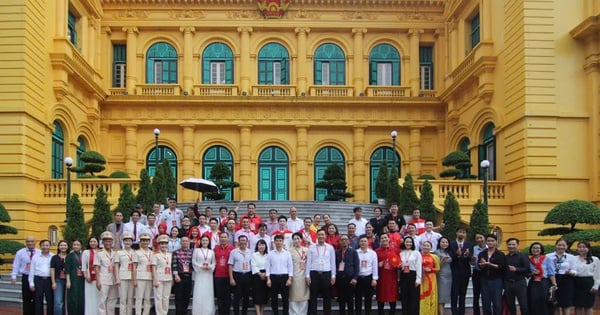





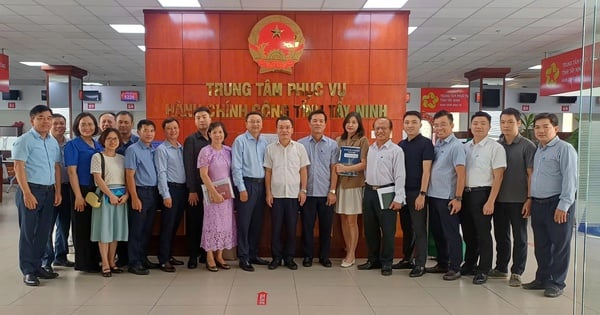
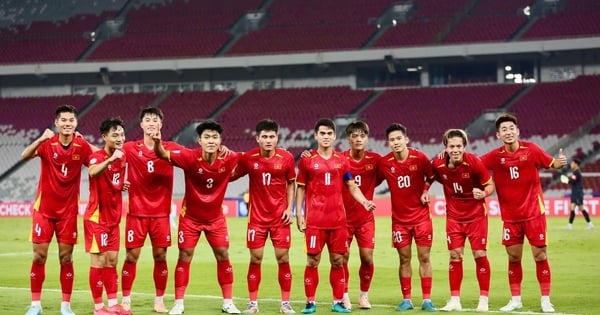

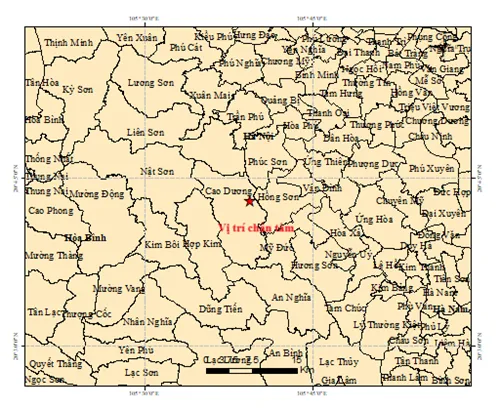


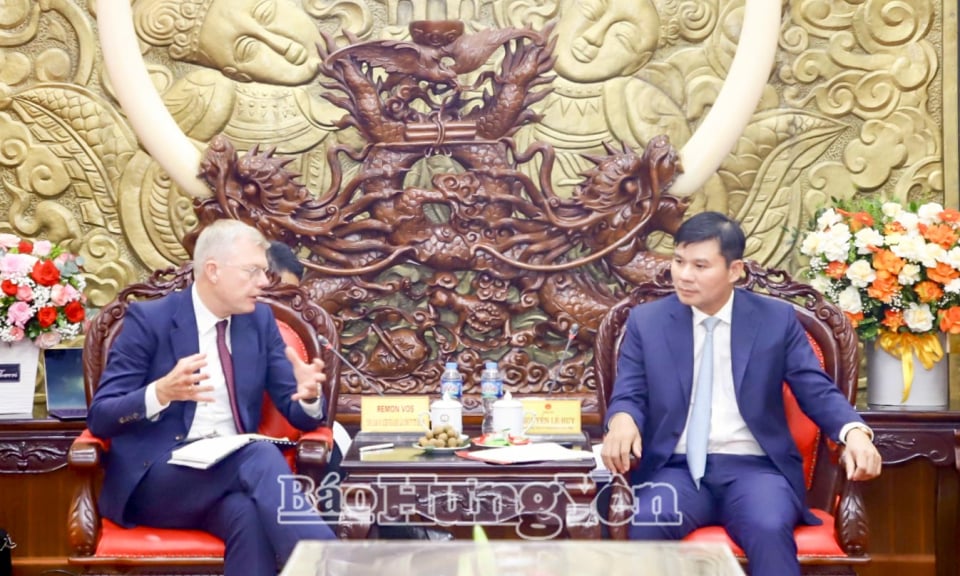





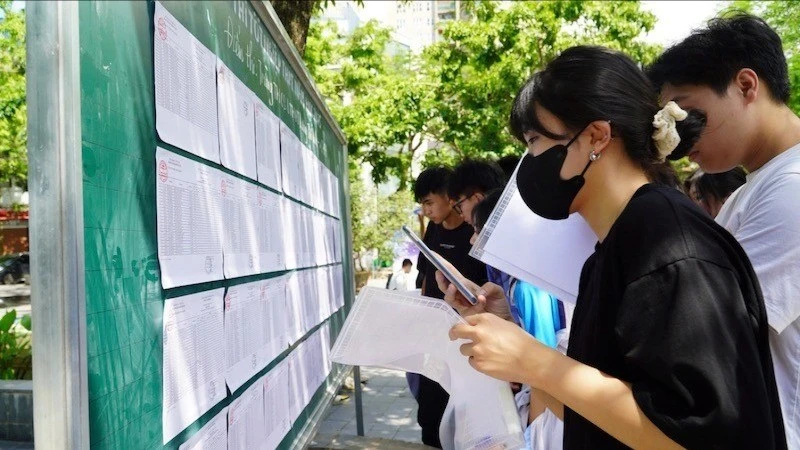





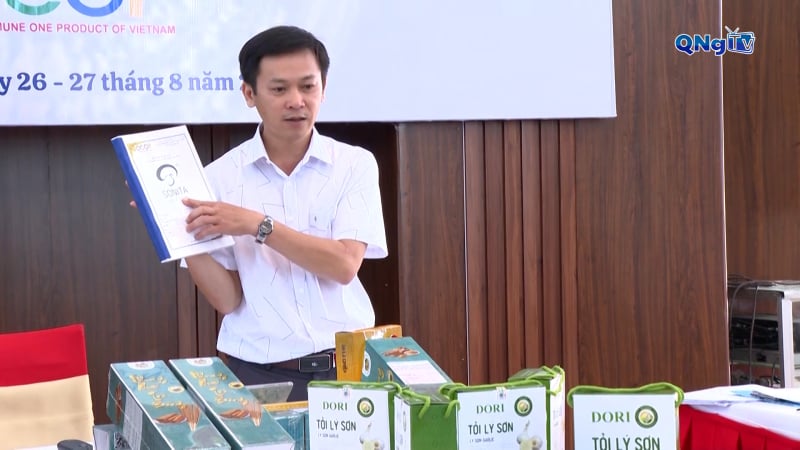









Comment (0)